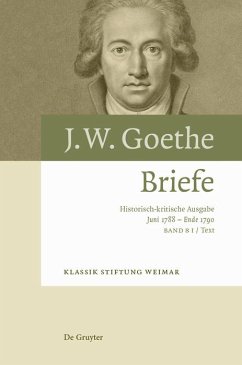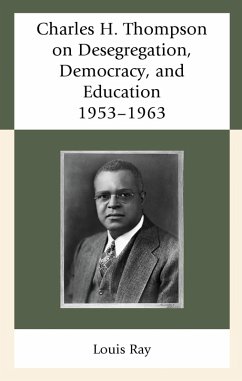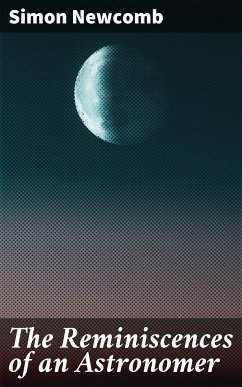
James Cutbush, an American Chemist, 1788-1823 (eBook, ePUB)
Unveiling the Legacy of an Early American Chemist

PAYBACK Punkte
0 °P sammeln!
In "James Cutbush, an American Chemist, 1788-1823," Edgar Fahs Smith provides a comprehensive and engaging biography of James Cutbush, a pivotal yet often overlooked figure in the early American chemistry landscape. Smith meticulously examines Cutbush's contributions to the field, particularly in the burgeoning context of American scientific practice during the early 19th century. Through a blend of rigorous research and narrative flair, Smith illuminates Cutbush's innovative experiments and his role in the establishment of chemistry as a distinct discipline in the United States, situating his...
In "James Cutbush, an American Chemist, 1788-1823," Edgar Fahs Smith provides a comprehensive and engaging biography of James Cutbush, a pivotal yet often overlooked figure in the early American chemistry landscape. Smith meticulously examines Cutbush's contributions to the field, particularly in the burgeoning context of American scientific practice during the early 19th century. Through a blend of rigorous research and narrative flair, Smith illuminates Cutbush's innovative experiments and his role in the establishment of chemistry as a distinct discipline in the United States, situating his work within a broader historical framework of scientific inquiry and educational reform at that time. Edgar Fahs Smith, a noted chemist and historian of science, is renowned for his efforts in chronicling the evolution of chemistry in American academia. His extensive background in chemistry and his position at the University of Pennsylvania provided him with a unique lens through which to explore the significance of Cutbush'Äôs contributions. Smith's scholarship is deeply informed by his own experiences in a rapidly evolving scientific community, reflecting a passionate commitment to preserving the legacy of early American scientists. This book is an essential read for anyone interested in the history of science, particularly in how early chemists navigated the challenges of an emerging field. Smith'Äôs vivid portrayal of Cutbush not only enriches our understanding of American scientific history but also inspires contemporary readers to appreciate the foundational work of early chemists.
Dieser Download kann aus rechtlichen Gründen nur mit Rechnungsadresse in A, B, BG, CY, CZ, D, DK, EW, E, FIN, F, GR, H, IRL, I, LT, L, LR, M, NL, PL, P, R, S, SLO, SK ausgeliefert werden.













